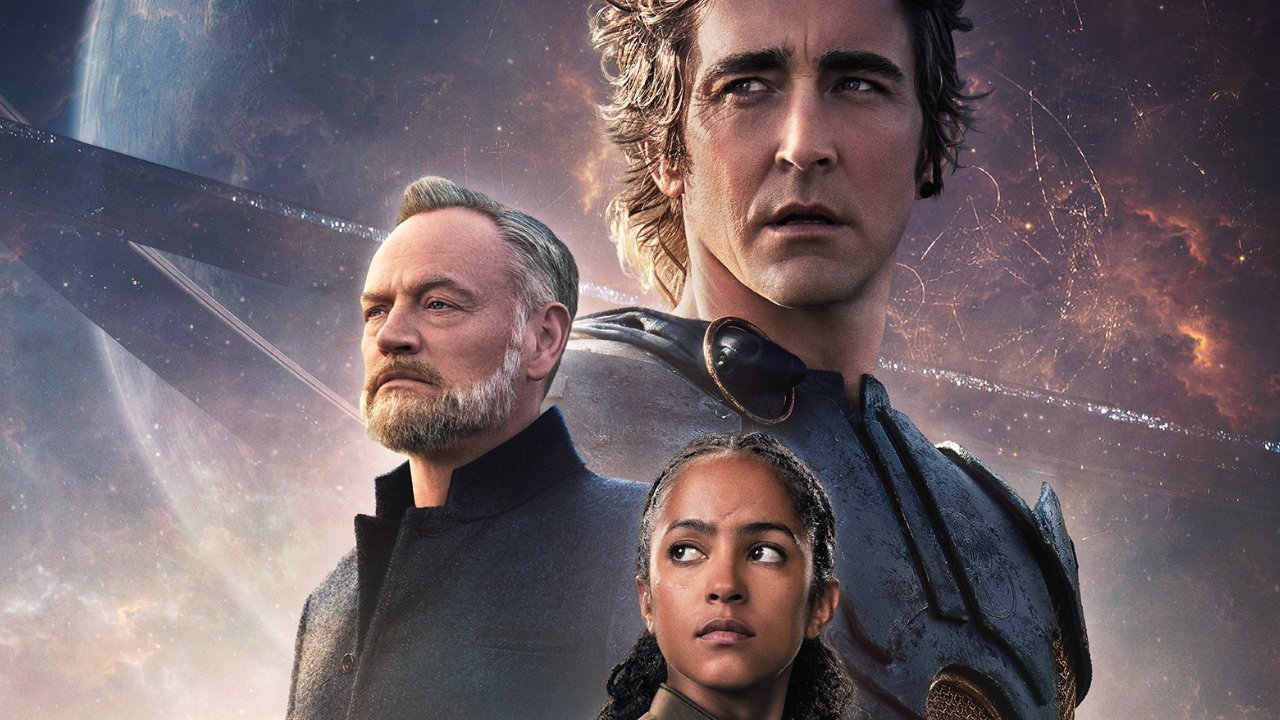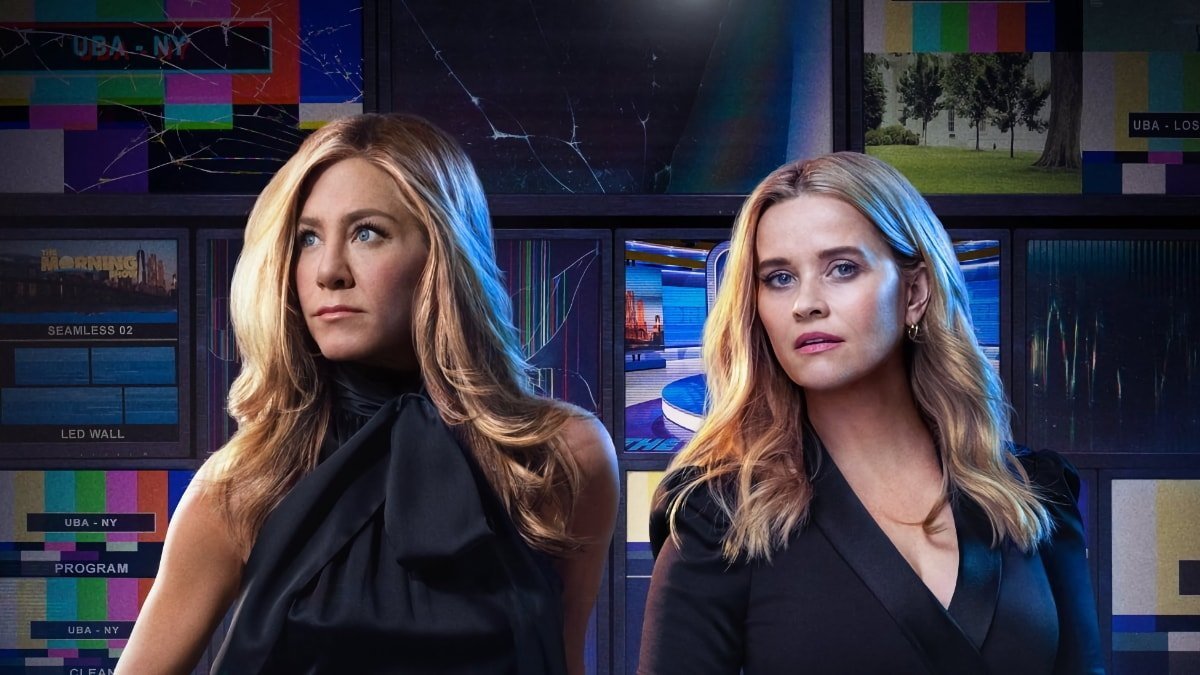Billions have been spent on Apple TV+ original TV shows and movies, but now there is more pressure to control how the massive budgets are spent on productions.
Like other major streaming services, Apple has spent a lot of money on original programming. Now, it wants to try to be more thoughtful with its expenditure on video content.
According to sources of Bloomberg, Apple SVP of Services Eddy Cue has been holding budgetary meetings with studio heads Zack Van Amburg and Jamie Erlicht. After allegedly spending more than $20 billion on productions so far, Cue supposedly wants to refine how the money is spent.
Apple supposedly has the reputation as the "biggest spender in town," but Van Amburg and Erlicht have allegedly told creative partners that will change.
High spend, little return
The company has a reputation for spending a lot of money on the content for Apple TV+. This included $500 million in total on movies from major directors Martin Scorsese, Ridley Scott, and Matthew Vaughn.
On the TV side, this has manifested in high-budget programming, such as an alleged $250 million on "Masters of the Air." In February, news of budgetary cuts surrounding "Foundation" surfaced, with the show apparently costing Apple $5 million per episode or $50 million per season.
"The Morning Show" had originally paid stars Reese Witherspoon and Jennifer Aniston more than $1 million per episode in the first season. For the fourth season, they are expected to earn double, with Apple spending more than $50 million on the cast alone.
However, all this spending isn't met by revenue coming the other way. At the box office, the movies failed to gain much traction, and seemingly only "Killers of the Flower Moon" managed to gain an audience in streaming.
Similarly, despite the cost of "Masters of the Air," Nielsen's rankings revealed it failed to get as much of a U.S. viewership as the Japanese-language Netflix show "House of Ninjas."
Overall, it is claimed that Apple TV+ has a 0.2% share of overall U.S. TV viewing. Apple's monthly viewership is supposedly less than Netflix's daily viewership.
A plan in action
To try and reverse the situation, or at least to reduce how much this impacts Apple's bottom line, Apple TV+'s leadership is making some changes to how it funds projects.
For a start, there is the intention to pay less upfront for the shows it commissions. The idea is that shows and films that go over budget will be shouldered more by third-party production companies in the future.
According to some report sources, Apple has also decided against buying shows that it would've agreed to a few years ago. It's also ordering fewer straight-to-series projects.
Over the years, it has also been quicker to cancel shows that fail to bring an audience. In 2021, only 22% of shows were allowed to reach a third season, while 43% did in 2020.
There is also talk of Apple licensing content for its service. Apple has previously licensed classic movies and is in talks to do so again, but the discussions could indicate a wider strategy is in play.
An absorbable issue
The requests to cut costs are ones Apple would be expected to make, considering they will typically increase over time unless addressed. But at the same time, Apple is in a position where it doesn't necessarily hurt the company as much as others.
Other streaming services have cut costs in various ways, including letting go of staff and curtailing budgets. However, Apple's response to the problem is somewhat more lenient in that it can somewhat justify the outlay as a small drop in a $3 trillion bucket.
The consistently high number of awards and nominations it has received for its shows and films, as well as the critical acclaim, has allowed Apple to cultivate an appearance of quality for its shows. Despite that appearance, it hasn't had big returns at the box office or viewership numbers.
 Malcolm Owen
Malcolm Owen








-m.jpg)






 Andrew Orr
Andrew Orr
 Wesley Hilliard
Wesley Hilliard

 Oliver Haslam
Oliver Haslam
 Christine McKee
Christine McKee
 Amber Neely
Amber Neely










27 Comments
I realise I am probably an outlier on this, but I stopped watching much broadcast TV over a decade ago because I got tired of series being cancelled with no conclusion to a story at the end of a season, often ending with a cliffhanger for the next series that never came. I often waited for the end of a series to buy dvd complete series boxsets if they reached a satisfying conclusion.
Maybe try to address why they're not successfully reaching a wider audience before cutting their legs off below the knee...
There is too much content on too many platforms for too few users with little time.
Add to that, series and films that are here today and gone tomorrow and you also have subscriber stress.
I never watch regular TV unless it is a sporting event because of the unrelenting stream of ads which cut in, mid-dialog and overlay ads for upcoming shows.
Now that is appearing (to a less invasive degree) on subscription services but it is only a question of time until it gets worse.
'Free' YouTube is basically unusable now.
I had the Apple TV+ trial and hardly watched anything so I didn't renew.
It won't be long before we see convergence to reduce the number of options.
At least original content has a long term value for the platforms.
And yes, shows getting cancelled simply because they didn't get off to a great start is a huge turn off. Even if they were critically acclaimed.
Back in the day, some of the greatest series got off to a bad start but grew over time.
Quality of writing and casting are the two most important factors for a TV show. I think Apple has also made some errors with the its choices of source content. Example: Isaac Asimov may be a classic sci-fi writer but his popularity was at its peak back in the 60s and 70s. Pouring money into adapting the Foundation series was always kind of an odd choice. More contemporary sci-fi book adaptations (like what they're going to do with 'Neuromancer') or even something like the Fallout video game adaptation makes more sense from the angle of attracting streaming viewers.